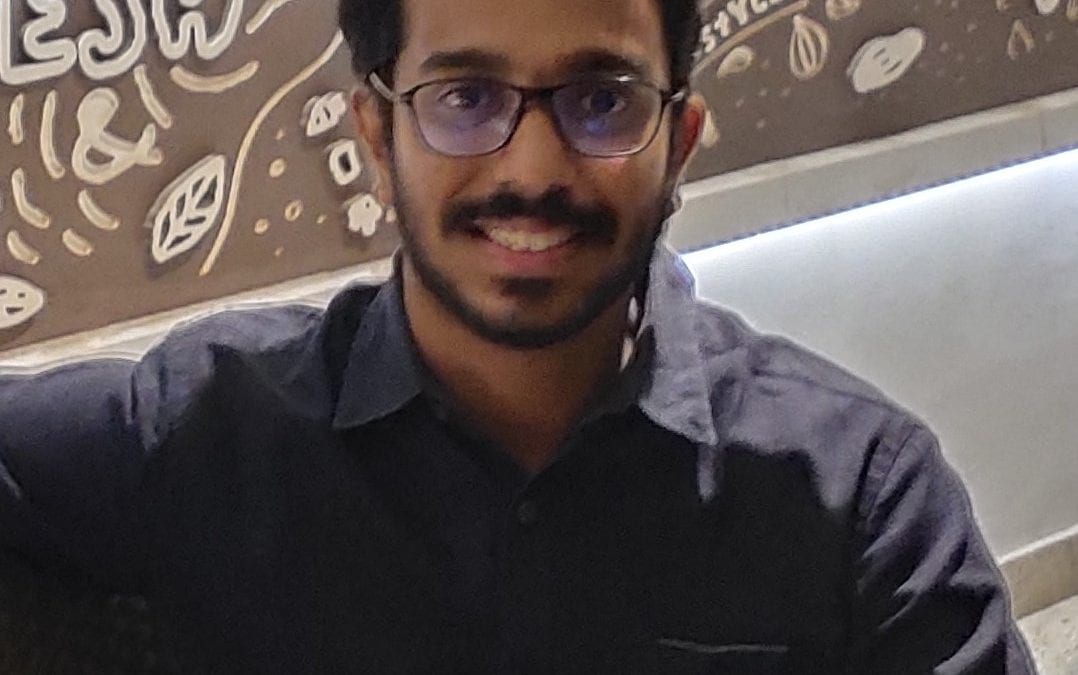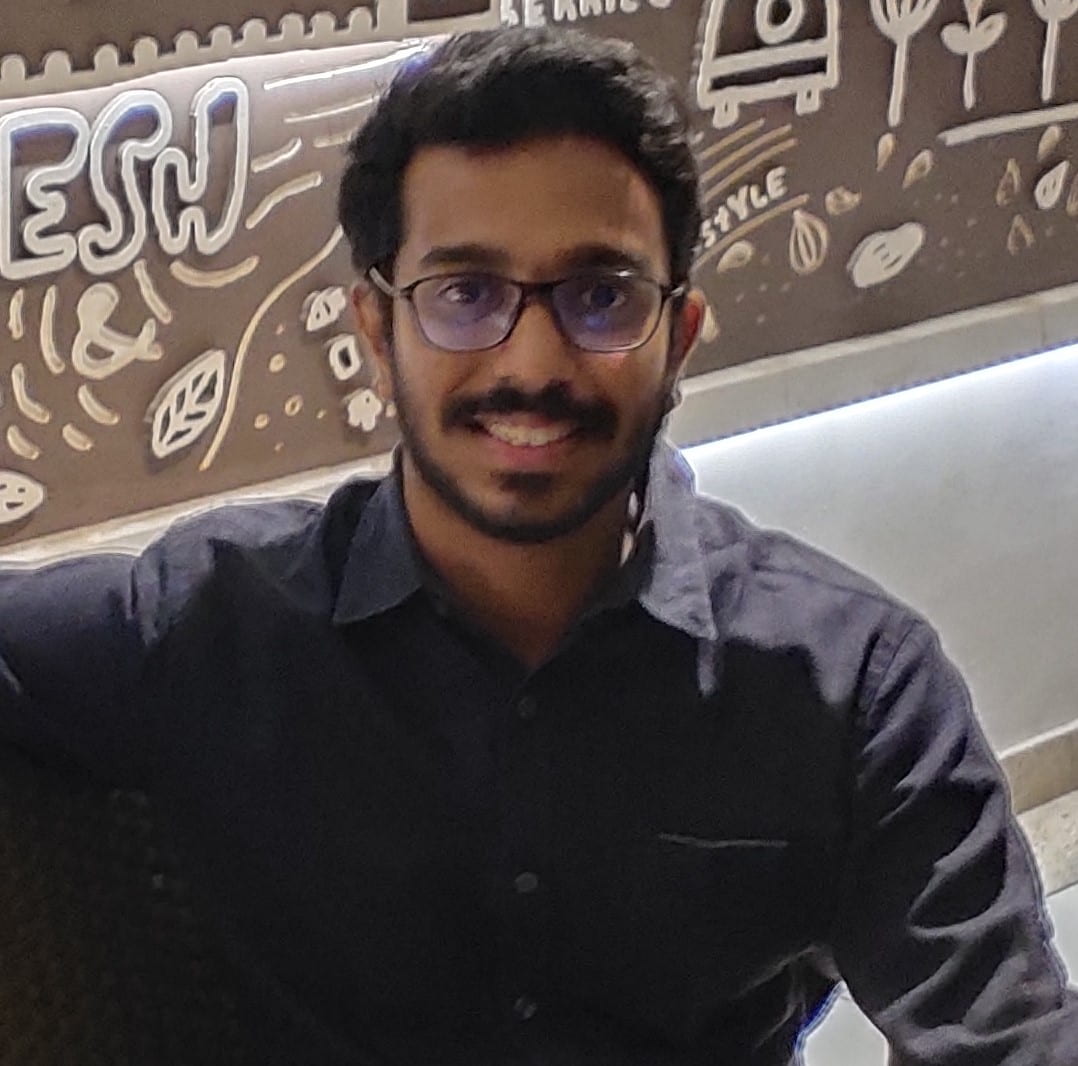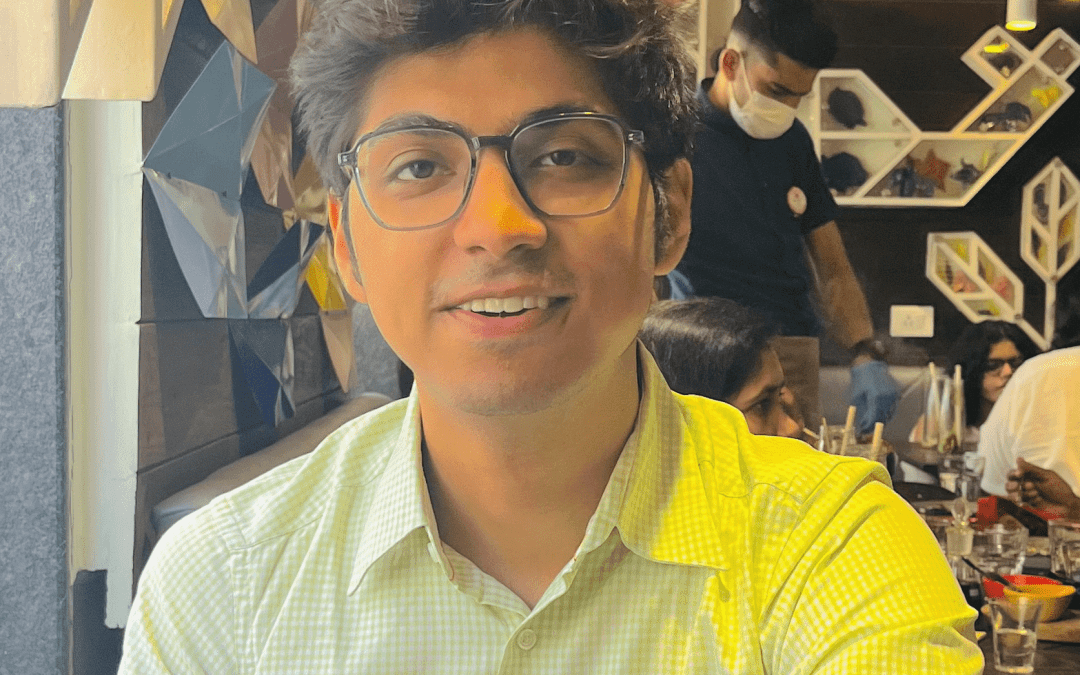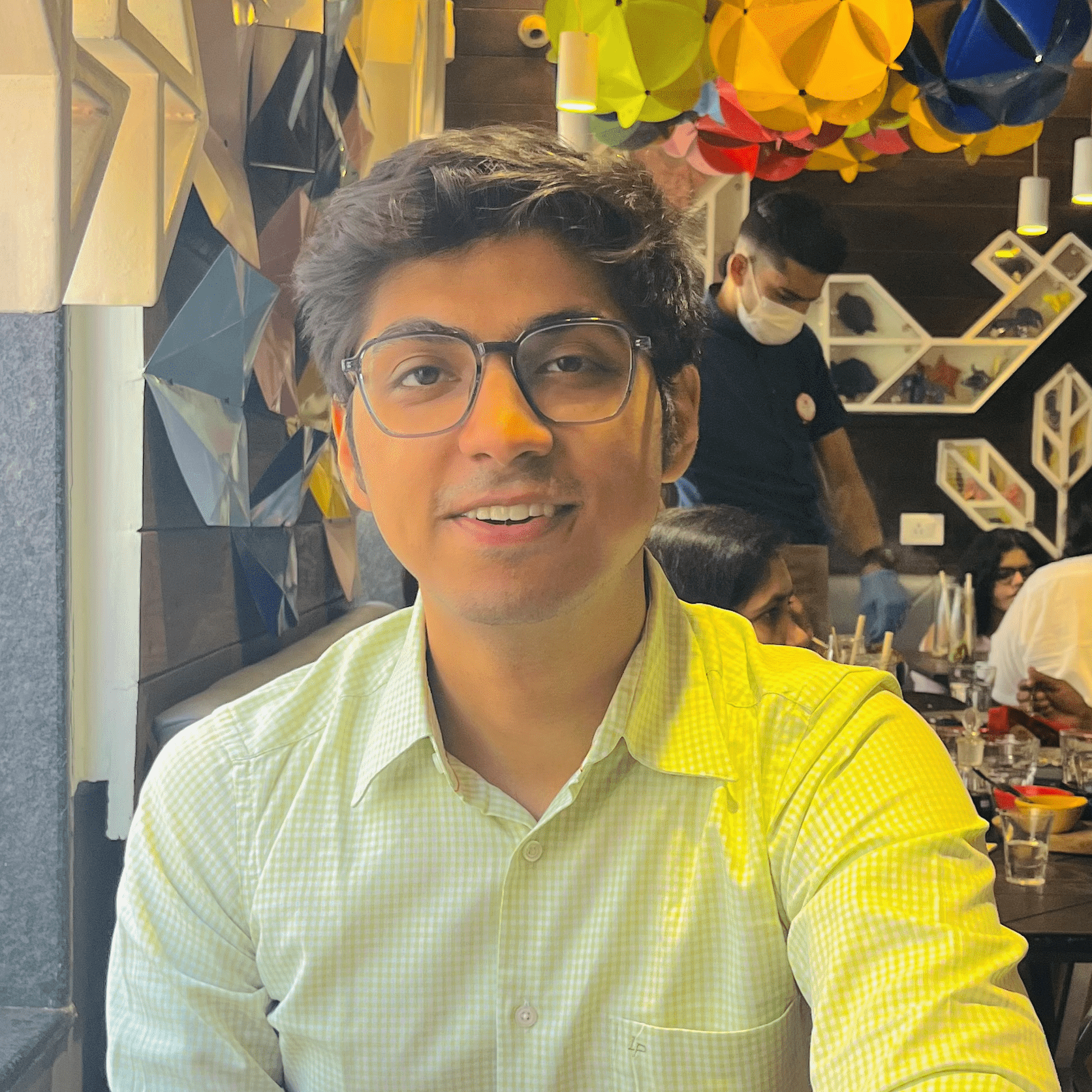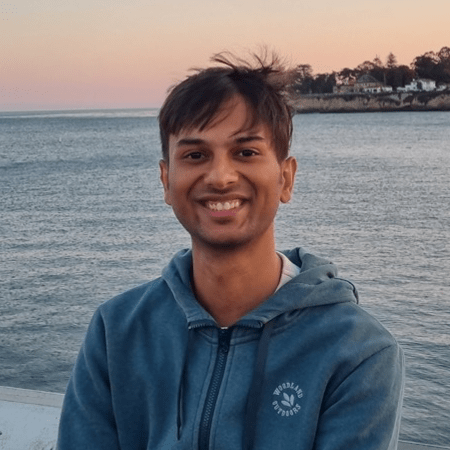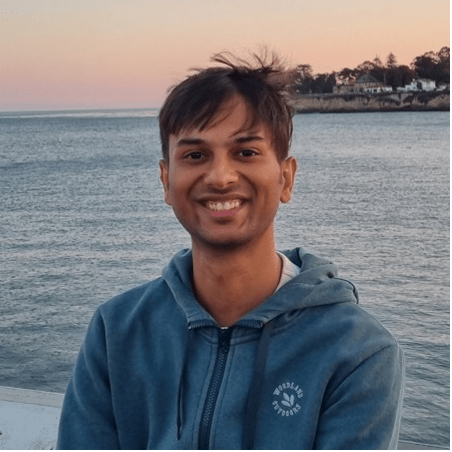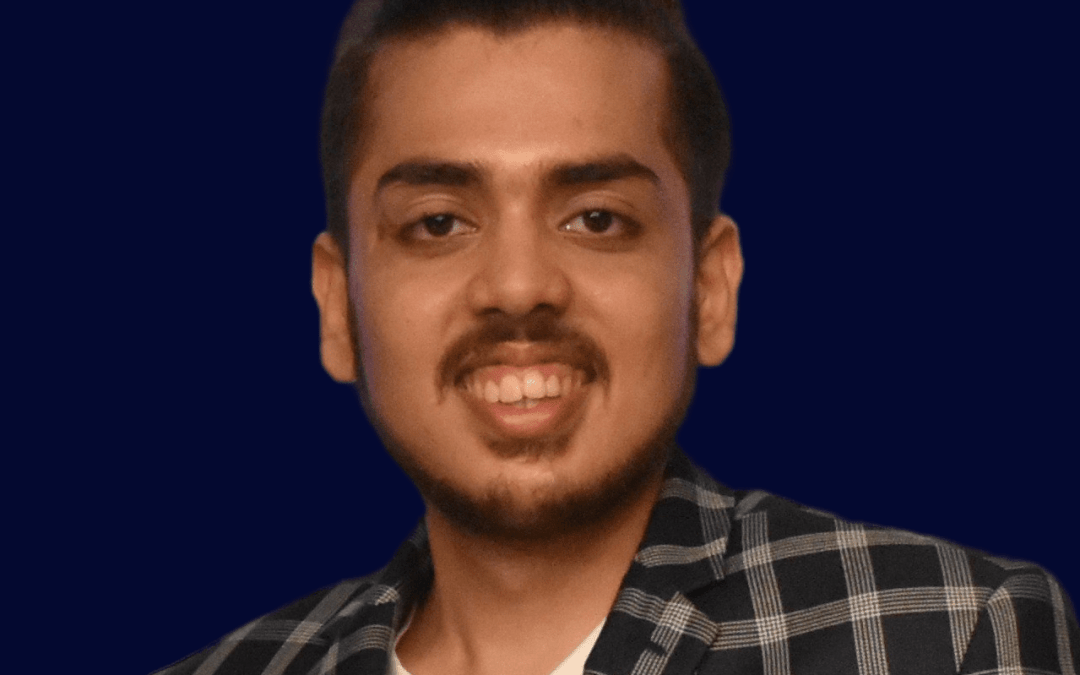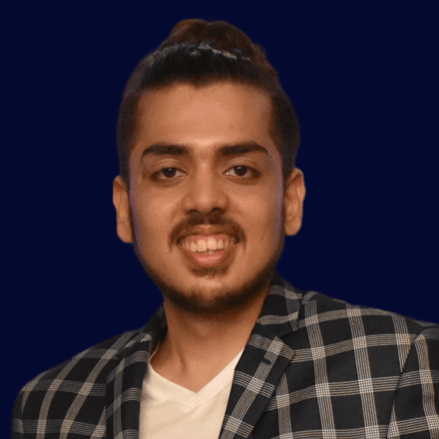
Making a Smooth Move to Silicon Valley
If you are relocating to Silicon Valley, you are not alone! Many students before you have done the same. In this post, Pranjali Basmatkar (NLP student 2022-2023), shares her advice for moving to Santa Clara, California. Please note that the views and opinions expressed on this page represent the author’s views and do not necessarily represent the official position or views of UC Santa Cruz or the NLP MS Program.
Moving to a new place or country, such as Santa Clara, can be exciting but challenging. The thought of starting fresh in an unfamiliar environment can feel daunting, especially for students; however, with the right information and resources, this transition can be made much smoother.
A little about me: I am Pranjali Basmatkar, a current Natural Language Processing Master’s student at the University of California, Santa Cruz. Most of my classes take place in the Silicon Valley Campus located in Santa Clara. As someone who made the move from India less than a year ago, I have some tips from my personal experience that can help you settle down with ease. So if you are an incoming UCSC graduate student, keep reading!
Preparing for the Move
Proactively preparing for your move to Santa Clara is crucial to ensure a smooth transition. Personally, I focused on three main aspects: researching the area, finding suitable housing, and budgeting for living expenses. This preparation can help you alleviate stress and make the most of your move.
Getting to know the area
I found the best way to familiarize myself with a new area was by checking a map! I relied on Google Maps to understand the location of the campus and the areas that are easily accessible from the campus. The campus is surrounded by various eateries and is very well connected to residential areas such as Rivermark and El Camino, and is a 10-minute drive from the buzzing San Jose Downtown.
Finding housing
Finding the right house was one of my biggest challenges while making the move, and it is important to prepare for this in advance. There are two main ways to find housing: find a spare room in an existing house or find roommates.
The NLP Graduate Student Handbook lists a variety of sites you can use as part of your housing search, like Apartments.com and other online platforms. There are also numerous Bay Area Facebook groups you can use to connect with people.
The best way to find a house can be by looking for roommates from your cohort or existing students who study at the campus! The Slack Workspace for incoming students is a great place to introduce yourself to potential roommates and finalize your housing in Santa Clara. Make sure to consider factors such as proximity to your educational institution, safety, amenities, and affordability when choosing your housing option.
Budgeting for living expenses
Moving to a new place involves financial considerations. It is essential to create a budget for your living expenses in Santa Clara. Research the cost of living in the area, including rent, utilities, groceries, transportation, and other necessities. You can use online budgeting tools or create a spreadsheet to estimate your monthly expenses and compare them with your available financial resources. Setting a realistic budget will help you manage your finances effectively and avoid any financial strains while living in Santa Clara.
Getting Settled In
After arriving in Santa Clara, the first few days are crucial for getting acquainted with the area and setting up essential services. Here are some important tasks to focus on during this period.
Get to know your new surroundings
Take the time to explore your surroundings and get familiar with the neighborhood where you have decided to settle. Take walks or drives around the area to locate nearby amenities such as restaurants, parks, shopping centers, and recreational facilities. This will help you feel more comfortable and establish a sense of belonging in your new environment. Within a week of moving to Santa Clara, I stumbled upon the Coyote Creek trail near my neighborhood, and it instantly became my favorite spot to unwind!
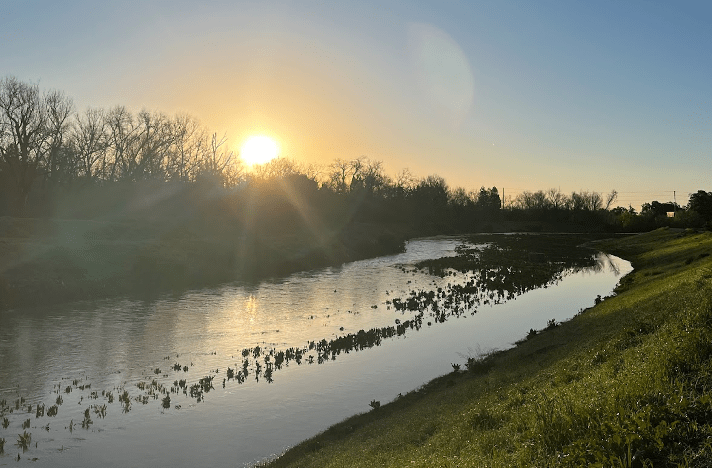
Photo by Pranjali Basmatkar
Set up essential services
Upon arrival, it is important to set up essential services like internet and utilities in your new place. You can contact popular internet service providers in Santa Clara to set up a connection at your residence. Additionally, ensure that your utilities, such as electricity, water, and gas, are connected and functioning properly. Contact the respective service providers to initiate the setup process and ensure a smooth transition into your new home.
Find a grocery store
Locating nearby grocery stores is crucial for your daily needs. In Santa Clara, you can find several options for grocery shopping. Safeway and Walmart are popular choices for general groceries, offering a wide range of products at affordable prices. If you prefer organic goods, Whole Foods Market is a great option, and it’s right across the street from the Silicon Valley Campus! For specific ethnic groceries, Indian stores like Patel Brothers and Namaste Plaza cater to the needs of the Indian community. These stores offer a variety of spices, lentils, and other Indian food essentials.
Navigating the City
Navigating the city of Santa Clara efficiently is essential for a smooth and enjoyable experience. Here are some key points to consider when getting around.
Public transportation options
Santa Clara offers various public transportation options to help you move around the city and explore the wider Bay Area. The VTA bus system is a reliable and cost-effective way to travel within Santa Clara County. It covers numerous routes, providing access to major attractions, educational institutions, and shopping centers. Additionally, the VTA light rail system is another convenient option for commuting to different parts of the city. The VTA system can be paid via a Clipper Card or cash. Lucky for us, the Whole Foods in front of the campus allows you to register and receive a Clipper Card. Ride-sharing services are also popular alternatives for getting around, offering flexibility and convenience.
Obtaining a California state ID
If you’re an international student, you can avoid carrying your passport as a form of identification by obtaining a California state ID. This ID serves as official proof of identity and can be used for various purposes, such as opening bank accounts, renting apartments, and accessing certain services. Visit the local Department of Motor Vehicles (DMV) office to apply for a California state ID. Ensure you have the necessary documents, such as your passport, proof of address, and Social Security number, to complete the application process. For further advice about getting around the Bay Area and obtaining a driving license, check out ISSS’s website.
Food options near the UCSC Silicon Valley Campus
The area around UCSC’s Silicon Valley Campus in Santa Clara offers a range of food options for students and visitors. If you’re looking for a quick and healthy meal, the Whole Foods food court across the street provides a variety of options. You can enjoy a meal from their salad bar or hot food counter, or grab a quick snack. For those craving Mexican cuisine, Chipotle is a popular choice with its flavorful burritos and bowls. Additionally, if you’re in the mood for fast food, McDonald’s is conveniently located near campus. There are also a variety of local restaurants within walking or short driving distance from campus.
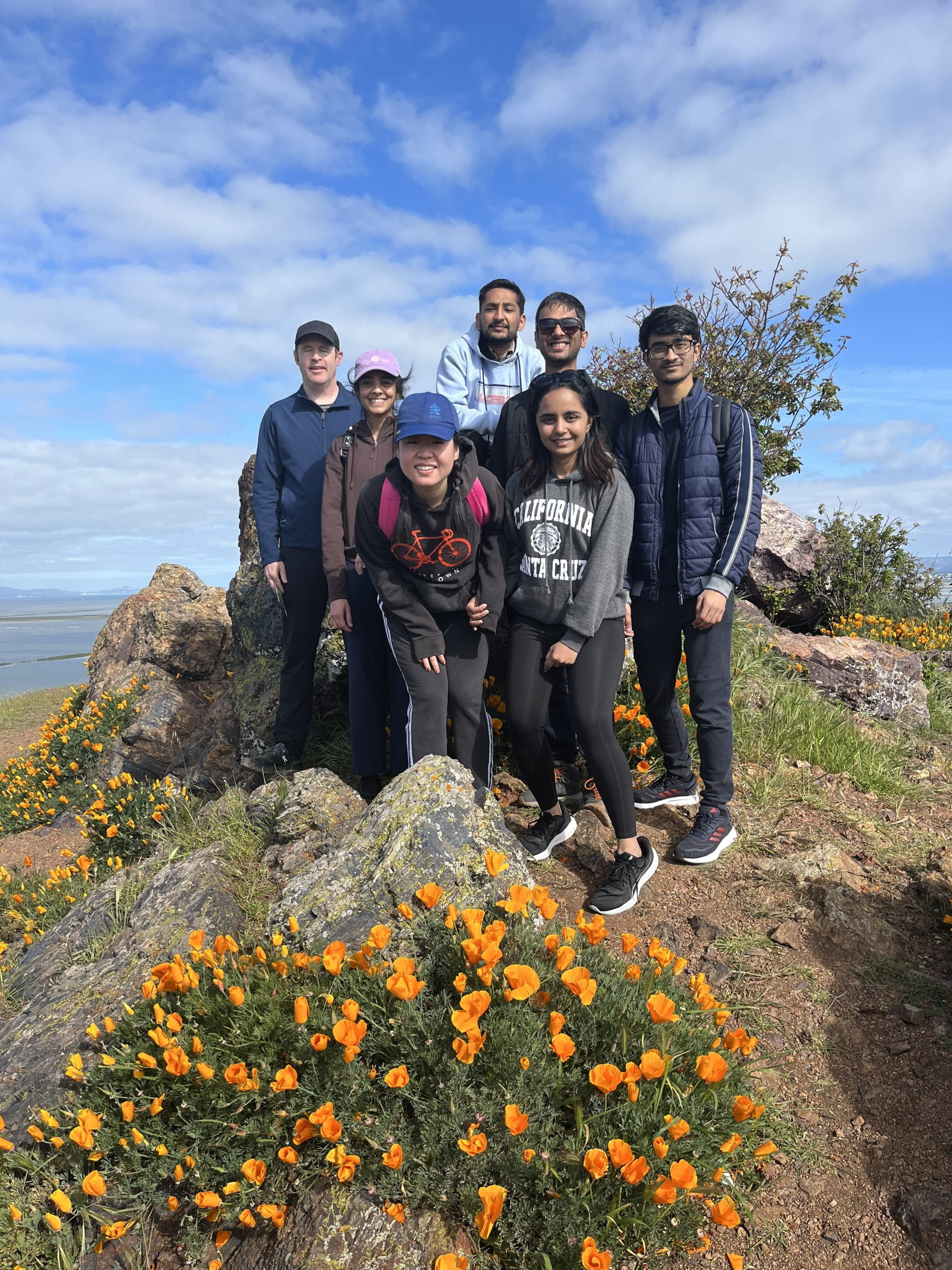
NLP students on a hike
Finding Local Attractions
Downtown San Jose
A short distance from Santa Clara lies the lively downtown area of San Jose. Here, students can immerse themselves in a bustling urban environment with an array of attractions. Stroll through the streets lined with shops, cafes, and restaurants. Visit the San Jose Museum of Art (your UCSC SlugCard may help you get free admission) to explore contemporary and modern artwork or catch a performance at the San Jose Center for the Performing Arts. The downtown area also hosts cultural events, concerts, and festivals throughout the year, providing an opportunity to engage with the local arts and entertainment scene.
On the weekends when you need to unwind, you’re also within easy reach of spectacular natural spaces and beautiful coastal areas such as Monterey, Santa Cruz, and Carmel. You’ll also enjoy exploring the rich history and cultural heritage that Northern California has to offer.
Bay Area hikes
If you like to de-stress in nature, the Bay Area holds several hikes with amazing views. One of my favorite hikes is the Coyote Hills Regional Park near Fremont with a view of the entire bay. The Sierra Vista Open Space Preserve is another great place to visit for some great sunset views!
San Francisco
Visiting San Francisco from Santa Clara offers an exciting escape into the vibrant heart of the Bay Area. Just a short distance away, this journey unveils iconic landmarks like the Golden Gate Bridge, the bustling Fisherman’s Wharf, and the cultural diversity of neighborhoods like Chinatown and Haight-Ashbury. Whether exploring the tech hub of Silicon Valley or indulging in the city’s rich history and breathtaking views, a trip from Santa Clara to San Francisco promises a captivating experience. The Bay Area and San Francisco are very well connected using public transportation like the BART and CalTrain.
In conclusion, embarking on the journey of moving to a new place brings a mix of anticipation, challenges, and opportunities. Hopefully, my experience can help ease your move and make the experience enjoyable!
About the Author
The author, Pranjali Basmatkar, is a Natural Language Processing graduate student at UCSC and holds a Bachelor’s degree in computer science, which fueled their passion for exploring the frontiers of technology. With experience as a senior machine learning engineer at Quantiphi, she has honed her skills in developing innovative AI solutions. Currently preparing for an upcoming summer internship at AllenAI, the author aspires to contribute to the advancement of artificial intelligence and its transformative potential in various domains.

